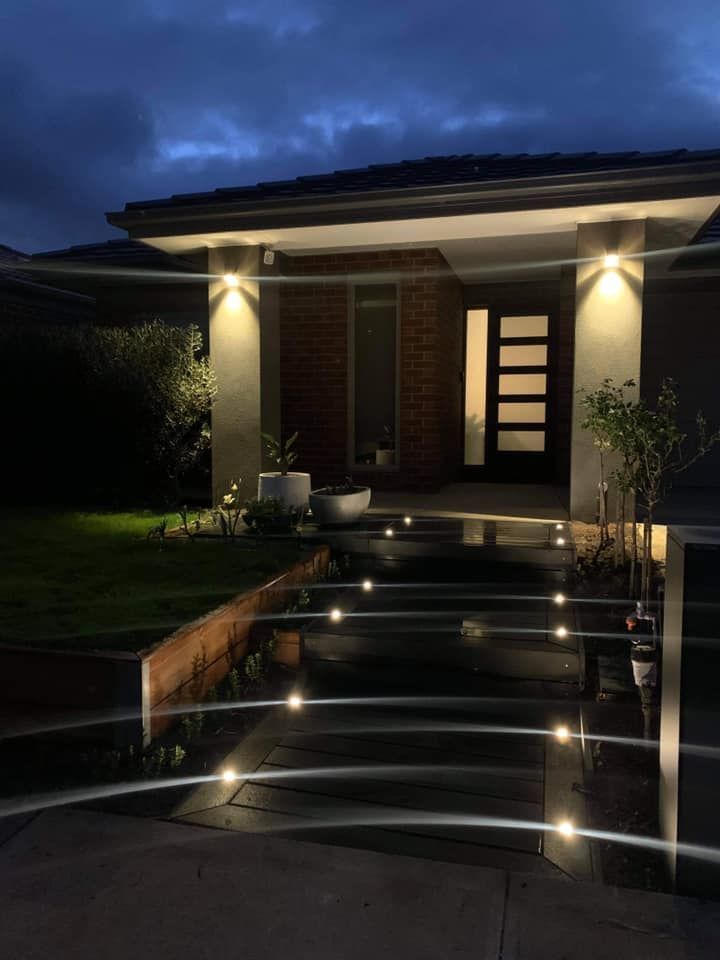Safety should always be a paramount concern in anyone’s home. The convenience and necessity of electricity should always be balanced with safety. Here are the top 10 electrical safety tips that every homeowner should know to ensure that their home is as safe as possible.
Regularly Check Your Cords and Outlets:
Conduct a visual inspection of all the electrical cords and outlets in your home every few months. Replace any cords that are frayed, cracked, or otherwise damaged, and do not use them until they are replaced. Outlets that are loose or have loose fitting plugs can be very dangerous as they can cause arcing, which is a frequent source of electrical fires.
To ensure against electrical fires, use the correct wattage of bulbs for your light fixtures. Light fixtures and lamps usually have a sticker or label that says the highest recommended wattage bulb. Check that bulb type and wattage, and then stick to it. Using light bulbs with a higher wattage can lead to a fire.
Keep Water Away from Electrical Appliances:
Water is a great conductor of electricity and therefore it is important to keep all electrical appliances away from water. This means, do not touch any electrical device if your hands are wet or if you are standing in water. Avoid setting an electrical device down near water. For example, keep hair dryers and radios away from sinks and bathtubs - wherever you consume water or may come in contact with it.
If you have small children, one of the first things you will want to do is “child proof” your electrical outlets. You can use safety caps which slide over the plug and prongs to insert plugs. This will help prevent your child from sticking their fingers or small objects into the slots.
Be Careful with Extension Cords:
Temporary extension cords are handy, but they are not meant to be used as a permanent solution for wiring. Extension cords should not be used as substitutes for permanent wiring of devices such as washing machines, stoves or refrigerators. Extension cords can be easily damaged by furniture, by people walking on them, or by pets or rodents chewing on them. Do not place them under rugs or carpets or furniture, and never force a plug into an outlet if it doesn’t fit properly.
Remember the Warning Signs:
If you start seeing indicators such as flickering lights, hear unusual buzzing or sizzling sounds from your outlets, or smell that lingering electrical burning odor from an appliance, you better contact a local electrical contractor. These signs may be an indication of serious electrical issues.
GFCIs are designed to protect against serious electrical shock. They should be used in any areas where water may come into contact with electrical products. These outlets should be tested monthly. To test the GFCI, simply push the test button. The GFCI should trip. You should then reset the GFCI. If the GFCI does not trip, or if you are unable to reset the GFCI immediately call a qualified electrician to correct the problem.
When you plug in too many appliances at once, your outlets can overload. This can cause the wiring to get hot, which can start a fire. If you need to plug in a lot of devices, use a power strip that has a built-in circuit breaker.
Space heaters need space. Keep them at least three feet away from anything that can burn, such as upholstery, curtains, and bedding. Never leave them unattended, and make sure there are no frayed or cracked wires that could lead to a fire.
Lastly, scheduling regular inspections by a licensed electrician every three to five years can alert you to problems you may not be able to see. Many homes don't have enough electrical outlets to accommodate all the appliances and electronics used today. Cost: $150 to $300 per inspection.
Always keep in mind that electricity is a very powerful tool and needs to be treated with respect. By knowing and avoiding electrical hazards in your home you will be able to prevent accidental fires, electrical shock and even death. By staying informed and working safely, you and your family will be able to prevent these hazards and live a safe and happy life. It is always good to remember that if you are unsure about working on electrical systems you should contact a licensed electrician to come do the work for you.
